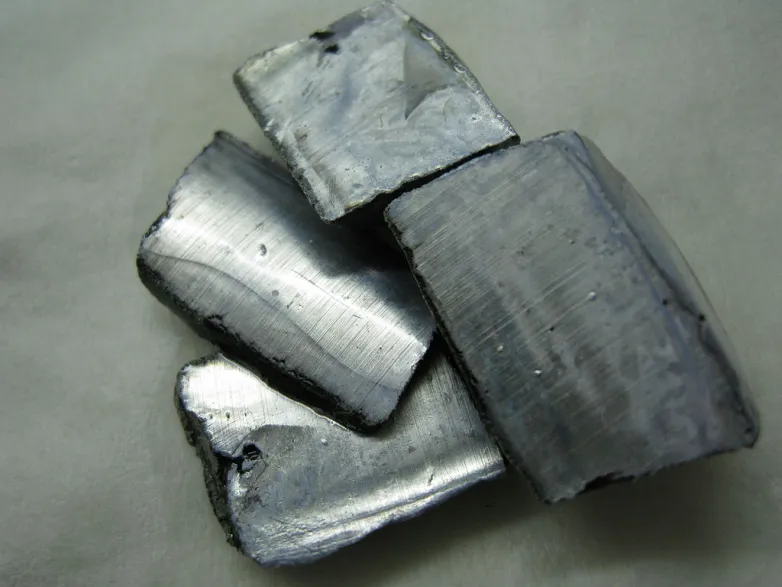A secure potassium-ion storage space with brand-new cathode product
- Researchers in China case to have actually determined an unique cathode product that could be used in even more secure potassium-ion storage space systems. According to the team, this brand-new product can make it possible for the advancement of storage space systems able to preserve 94% of their ability after 2000 cycles, with 0.003% capability discolor per cycle.

In spite of having affordable as well as great efficiency prices, potassium-ion innovations for large storage space have actually seen, up until now, rather minimal advancement. One factor for this is the absence of secure cathode products. As a less costly and also extra bountiful product than lithium, researchers are eager establish battery chemistries based upon potassium.
Researchers at China's Tsinghua University and also the Chinese Academy of Sciences currently declare to have actually determined a secure cathode product for potassium-ion batteries. The team located an irritated magnet called KFeC2O4F, which in their sight might be much more steady than any other product utilized in the past. Annoyed magnets are products in which local magnetic minutes, or rotates, communicate with completing exchange communications that can not be concurrently completely satisfied. This creates a huge depravity of the system ground state, which is the most affordable degree of power in a particle, bit or atom.
According to the scientists, this magnet has a 3D open framework that resembles Prussian Blue Analogs (PBAs), whicompounds utilized for storage space systems revealing better cycle life as well as power ability. "Nevertheless, the prep work and also handling of these products are fairly tough in controlling problems as well as water," the scientists specified.
The researchers assert to have actually shown that the brand-new magnet would certainly attend to storage space systems with a steady capability of 112 milliampere hrs per gram and also the capability to preserve 94% of this capability after 2000 cycles, with 0.003% capability fading per cycle.
A potassium-based complete cell was constructed by incorporating the KFeC2O4F cathode with a soft carbon anode, which displayed a relatively easy to fix capability of around 85 milliampere hrs per gram and also minimal ability degeneration within 200 cycles and also remarkable price efficiency, according to the research study team.
" Although the efficiency of this potassium ion complete cell might be better boosted by enhancing the electrolyte systems as well as using appropriate anode products, and so on, this research study plainly shows the usefulness of KFeC2O4F as an encouraging potassium-ion batteries (KIB) cathode for lasting large power storage space applications," the scientists verified.
The brand-new cathode product is explained in the research study A fluoroxalate cathode product for potassium-ion batteries with ultra-long cyclability, released in nature.
An additional research carried out by Scientists in Russia led by the Skolkovo Institute of Technology in Moscow (Skoltech) has actually shown a potassium-ion battery which incorporated the high storage space ability of a metal-ion tool with the rapid billing capacity of a supercapacitor.
Much more just recently, scientists in China have actually rated a few of one of the most frequently made use of battery chemistries according to specifications considered vital for grid-level storage space. "Although a multitude of battery modern technologies has actually been reported, the manufacture of low-cost, high-performance batteries with superb power and also power thickness, running safety and security and also cycle security stays a wonderful difficulty," the scientists wrapped up. "In-depth examinations of unique as well as high-performance battery systems are required. Lots of initiatives, as an example, to check out high-performance potassium-ion batteries with fairly high power thickness yet reduced expense, compared to LIBs [lithium-ion batteries], are recurring."
Also read

